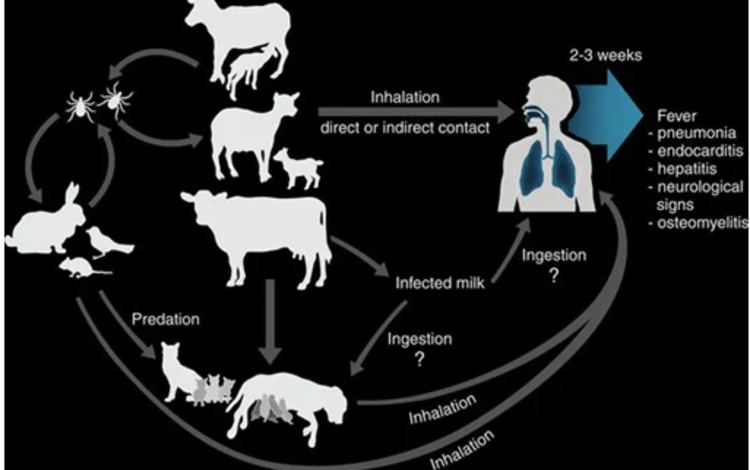The Philippines has recorded its first case of Q fever, the Bureau of Animal Industry (BAI) announced on Friday. Q fever, a disease that primarily affects cattle, sheep, and goats, poses a zoonotic risk to humans, who can contract the illness by inhaling contaminated dust.

Dr. Christian Daquigan, the officer-in-charge of the BAI’s National Veterinary Quarantine Services Division, reported that the goats testing positive for Q fever were predominantly located in Santa Cruz, Marinduque. Despite this detection, there have been no confirmed human cases locally. The Department of Agriculture responded promptly by announcing a temporary ban on the importation of goats from the United States to mitigate the risk of further spread.
Q fever is caused by the bacterial pathogen Coxiella burnetii, a resilient organism capable of spreading long distances through the wind. The National Institutes of Health (NIH) highlights the ease with which this bacterium can cause serious illness, noting that only a few infectious aerosolized particles are necessary for transmission. In humans, Q fever presents with symptoms such as chills, fever, and muscle pain. If left untreated, the disease can progress to more severe complications, including liver and heart issues.
The NIH emphasizes the broad spectrum of Q fever’s clinical presentations, which can often mimic other illnesses. This variability underscores the critical role of laboratory testing in accurately diagnosing and treating the disease. The situation in the Philippines is currently under control, with authorities closely monitoring the affected regions to prevent any potential outbreaks.
The temporary importation ban on goats from the US is part of a comprehensive strategy to contain the spread of Q fever. By limiting the introduction of potentially infected animals, the Department of Agriculture aims to protect both the livestock industry and public health.
Q fever is a relatively rare disease but can have significant implications for animal and human health. Infected animals often do not show symptoms, making it challenging to detect and control. The bacterium can survive in the environment for extended periods, further complicating efforts to manage outbreaks. Preventive measures, such as controlling dust in areas with infected animals and ensuring proper sanitation, are crucial in minimizing the risk of transmission.

The BAI’s proactive approach in identifying and responding to the first case of Q fever in the Philippines demonstrates the importance of vigilance and swift action in managing zoonotic diseases. Continued surveillance, public awareness, and adherence to biosecurity measures will be essential in preventing the spread of Q fever and protecting the health of both animals and humans in the region.
